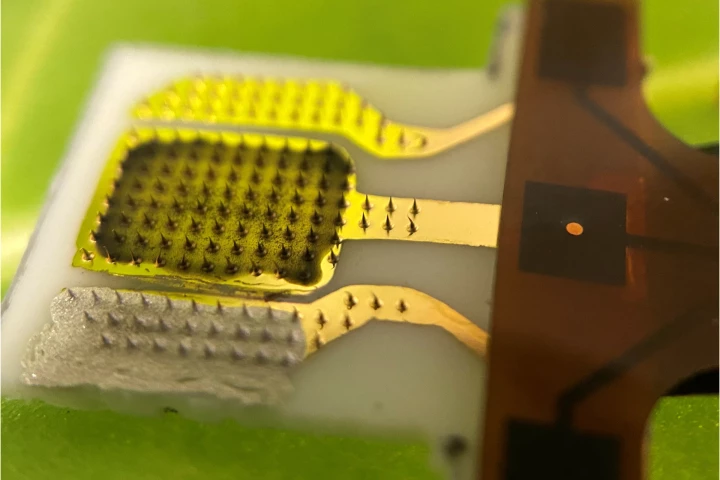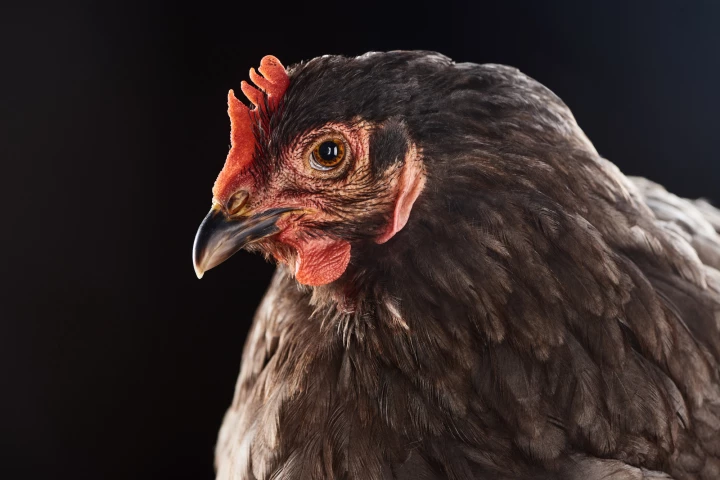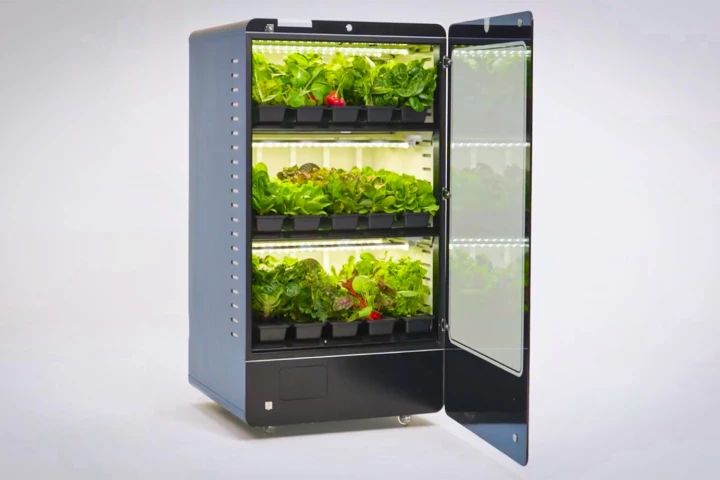Farming
-
Kawasaki's Stockman is a purpose-built enduro motorcycle for use in agriculture and livestock farming. A special feature of the bike is its locking mechanism for the clutch lever, which allows the farmer to take their left hand off the handlebars.
-
For nearly a century, a strange band of 5,200 holes carved into a hillside has defied explanation. Stretching for nearly a mile along the edge of the Pisco Valley, Monte Serpe – "serpent mountain" – may have finally revealed its secrets to scientists.
-
A radically innovative design controls wheelspin on rough and slippery surfaces while driving all four wheels on all surfaces – and eliminating complex differential gearsets. Its first use will be in off-road heavy machinery.
-
A new video takes you inside Dyson's impressive vertical farming operation, which is home to 1,225,000 strawberry plants and shows you how the company is applying its manufacturing knowledge to producing homegrown food for British consumers.
-
As agriculture tries to clean up its act, the roar of the diesel engine is likely to become a thing of the past. But e-farmers don't want to their battery-powered beasts idling for hours charging. The ONOX tractor's modular hotswap approach could help.
-
The sooner a farmer knows that their crops are suffering, the faster they can take action to prevent major crop failure. A new plant-leaf-poking sensor could soon help them do so, by sending an alert as soon as the plant gets stressed.
-
The spraying of orchards and vineyards certainly isn't an eco-friendly process, with tractors spewing exhaust as they douse crops in herbicides and pesticides. That's one of the main reasons the electric, autonomous Prospr robot was created.
-
For the first time, researchers found that chickens fluff their facial feathers and blush in response to varied stimulation, likely as a way to reveal their inner emotional states. The link could help improve our stewardship of the birds.
-
The fertilizer used on around half of the food we consume is now one of the biggest drivers of human-made greenhouse gas emissions, with China, India, the US, Brazil and Russia the biggest polluters, according to a new global nitrous oxide report.
-
Canadian researchers have embarked on a mission to produce year-round berry crops pretty much anywhere. The Agrotunnel vertical farm provides optimum growing conditions monitored by AI, and meets electricity needs with proprietary solar panels.
-
It's super-sustainable, easily made and nutrient-dense. And it puts all other food production to shame. Now, the first air-protein factory is open. It's the food of the future, and soon a $100 million industry – but will you be putting it on your plate?
-
This indoor vegetable-growing machine uses artificial intelligence, cameras, climate control and a smartphone app to deliver a constant supply of fresh herbs and vegetables using minimal time, energy and effort.
Load More











